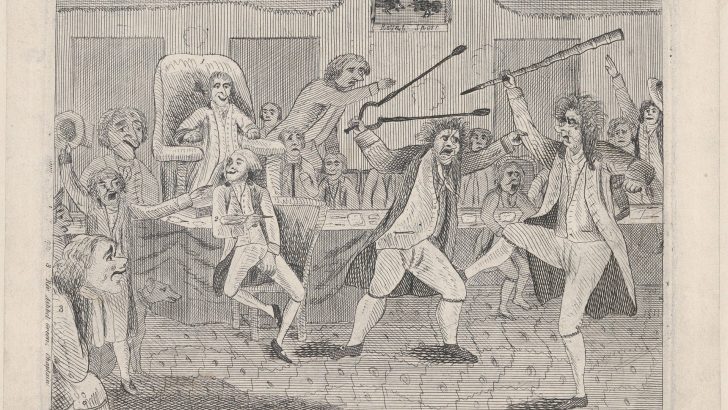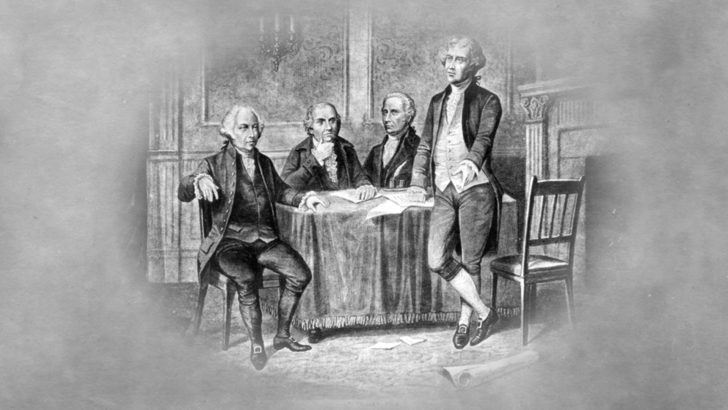John Adams' deportation law, part of the infamous Alien and Sedition Acts of 1798, stands as a significant yet controversial chapter in American history. This law empowered the president to deport non-citizens deemed a threat to national security, especially during turbulent times.
While it was justified as a protective measure in the face of external dangers, the act stirred debates about civil liberties and government power.
The Political Backdrop of theDeportation Law
In the late 18th century, the United States was a young, fragile nation navigating its place on the world stage. John Adams, the country's second president, faced immense pressure from foreign powers, particularly in the ongoing conflict between Britain and France. The threat of war loomed large, and fears of espionage, foreign influence, and internal unrest were growing.

Marca / In 1798, a set of serious political concerns led to the passing of the Alien and Sedition Acts. A series of laws aimed at safeguarding the country from perceived foreign threats.
Among these, John Adams' deportation law - officially known as the "Alien Friends Act" and the "Alien Enemies Act" - stood out for its direct impact on immigrants.
The "Alien Friends Act" gave the president the power to deport any non-citizen suspected of engaging in "treasonable or secret machinations" against the U.S. government. Even if no evidence of wrongdoing existed. This vague wording left plenty of room for interpretation, which became one of the law's most criticized elements.
On the other hand, the "Alien Enemies Act" granted the president sweeping authority to deport any citizen or subject of a hostile nation during wartime. Together, these acts created a tense atmosphere for immigrants living in the U.S.
What John Adams' Deportation Law Says?
John Adams' deportation law, particularly through the "Alien Friends Act," allowed the president to target foreign nationals without the need for a trial or substantial proof. Non-citizens could be removed from the country simply on suspicion of disloyalty. The act gave John Adams and future presidents unprecedented power to control immigration.
Primarily, it focused on political enemies or those perceived as sympathetic to foreign adversaries.

DW / With this law, deportation could happen swiftly, with minimal transparency or accountability.
Similarly, the "Alien Enemies Act" kicked into gear during times of war. If the U.S. found itself in conflict with another nation, any citizen from that country living in the U.S. could be deported. While this was framed as a national security measure, it also painted broad strokes, treating entire groups as potential threats purely based on their nationality.
Public Reaction and Criticism
Unsurprisingly, John Adams' deportation law was met with intense criticism, particularly from the Democratic-Republican Party, led by Thomas Jefferson. Many saw the acts as unconstitutional, arguing they violated the First Amendment rights of free speech and due process.
The laws, especially the Sedition Act, which criminalized criticism of the government, were viewed as attempts by Adams' Federalist Party to silence political opposition. The deportation laws were particularly unpopular among immigrants, who made up a significant portion of the population at the time. French and Irish immigrants, in particular, were targeted under these laws due to their perceived political leanings.
Critics accused Adams of using the deportation power as a tool to quash dissent and weaken the influence of immigrants who often supported Jefferson's party.
This widespread discontent played a major role in the eventual downfall of the Federalist Party. By the time Jefferson won the presidency in 1800, these laws were seen as a blight on Adams' legacy.





